Irina Khusnutdinova: ‘Children write about friendship, love and loneliness’
The founder of Happy Stories foundation on the final of Glagolitsa international literary award
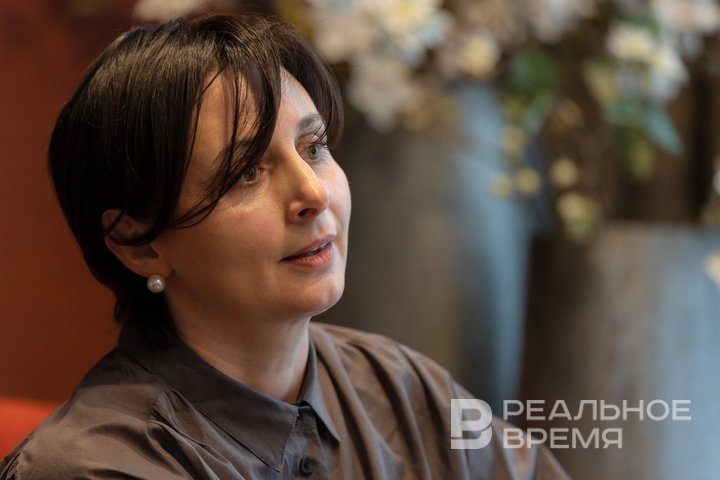
More than 100 young poets, writers, playwrights, essayists and translators from different countries came to Kazan, all of them are finalists of the 11th Glagolitsa International Independent Literary Award. The contest has long been one of the literary landmarks of the city, writers call it the capital of youth literary Russia. Based on the results of a six-day literary shift, an authoritative jury will determine 13 winners who will receive the main prize — the Crystal Owl. This year, Kazan overtook Moscow in the number of participants, and the number of works from abroad has increased. Founder of the award, founder of Happy Stories charity foundation Irina Khusnutdinova spoke about the prospects of the award and the strategies of charity in an interview with Realnoe Vremya.
Mrs Khusnutdinova, Happy Stories foundation will be 15 years old next year. What do you consider to be its main achievement?
Reputation. People believe in us. More and more talented children come to the capital of Tatarstan every year, their parents, writers, journalists, translators, our partners come. This means that the project is good, people need it. We keep our word and do not deviate from the intended path.
Thanks to Glagolitsa, many already call Kazan the literary capital of Russia.
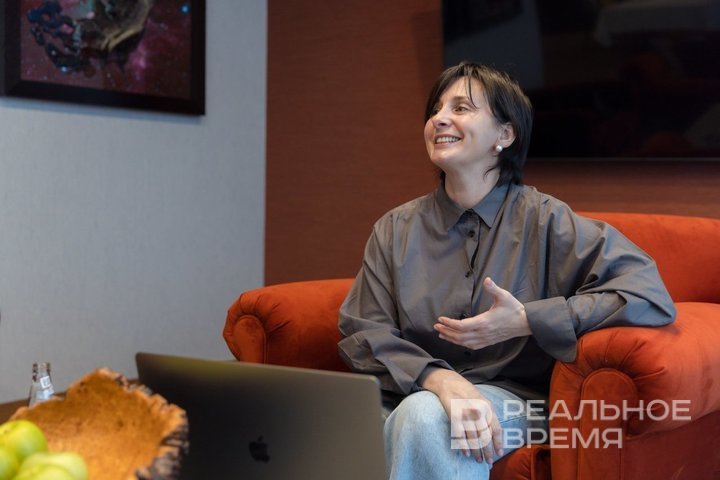
How big is your team and what projects are you working on?
Only five people and me. But during the literary shift we involve assistants, including volunteers. Almost all of them have been working with us for several years. Many take a special vacation for this period. The writers — members of the jury — have been working with us for many years, some — for 10 years.
How suitable is this venue for such a large festival?
Frankly, it is a bit cramped. This year we were able to host only 30 publishers. Unfortunately, we had to refuse many due to lack of space. Next year we hope to hold the festival in September, in the park. But this is just an idea for now. Holding a festival in an open area requires special construction, a stage is needed, and this is already a big expense. We cannot do without the support of the republic.
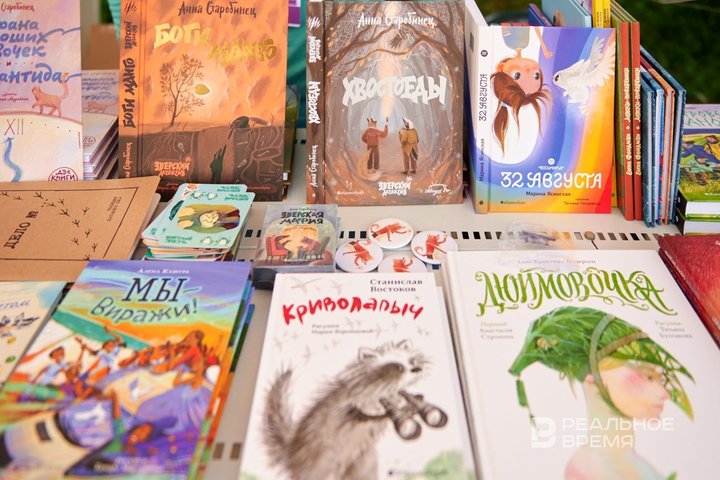
We hope to approach the leadership of the Republic of Tatarstan with this initiative so that the festival becomes a truly large-scale project, like, for example, the Red Square book festival or Kitap-Bayram festival in Bashkiria.
I think that Kazan is not only the sports capital of Russia. Tatarstan has also become the most reading region this year.
In the 9th All-Russian competition where 89 regions of our country participated, the republic was awarded the title of Literary Flagship of Russia. I believe that on this wave we need to confirm this title, this status. We simply must do something now to continue the trend of cultural growth.
“We will talk about this on 18 November in the Kazan City Hall at a round-table talk with the participation of the director of the Russian State Children's Library, the director of the association Raising a Reader, a State Duma deputy, the first deputy chairman of the committee for culture. And I hope that representatives of the Tatarstan leadership will also come to this meeting.
I hope to unite people around this idea. All together, if we try, we will be able to convince the leadership how important it is to have a large book festival in Tatarstan.
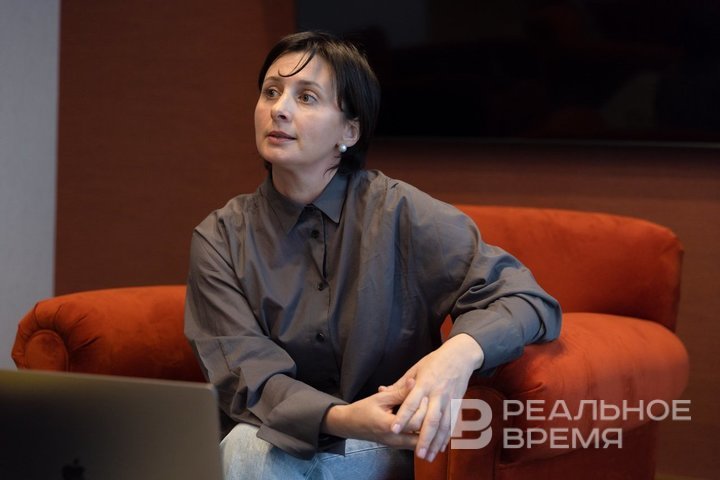
This year, more than 2,500 works were submitted for participation in Glagolitsa. How many of them were sent by children writing in Tatar?
The nomination for children writing in Tatar appeared from the very beginning. We immediately decided to hold the competition in two languages. We sent a letter to Mintimer Shaimiyev, and he responded, for which we are very grateful to him. Every year, three people are awarded a special prize on stage from Mintimer Shaimiyev.
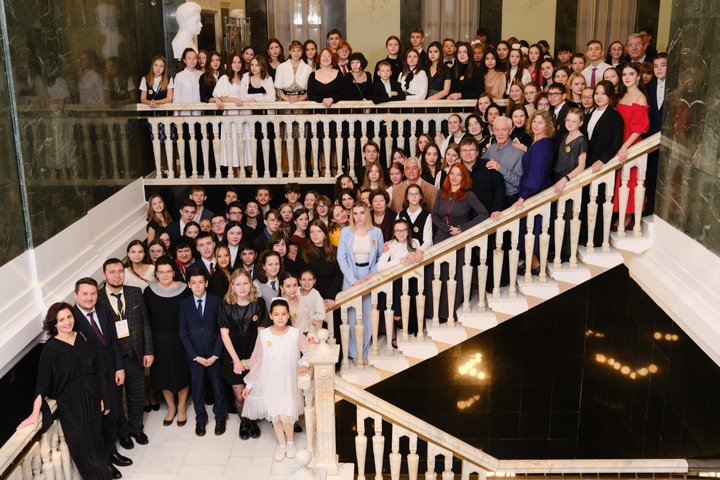
This year, we have about 150 works from children writing in Tatar. This is not enough. But these are definitely talented children.
We are preparing a literary talent pool not only for Russia but also for Tatarstan. Some participants in the competition who have already begun their professional careers work in magazines, are preparing to become members of the Union of Writers of Tatarstan.
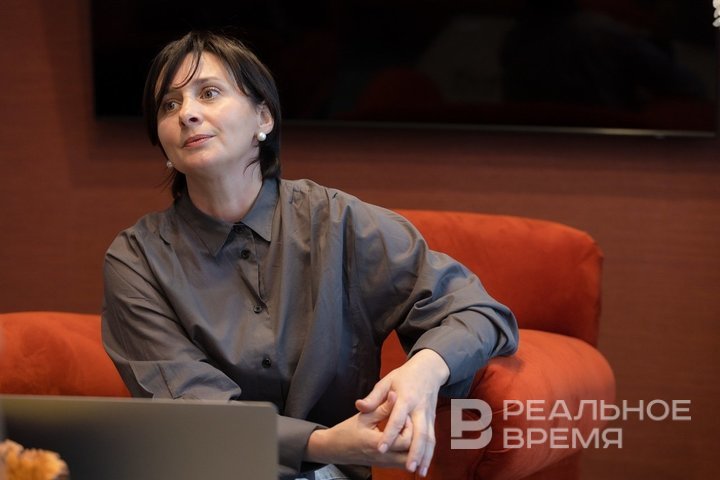
What is the fate of the works that win the competition?
All the works of the winners are collected in an almanac, which can be read on the award’s website. I want to create an online resource, an electronic magazine Glagolitsa and involve the School of Creative Industries in this. And besides this, I want to fill the content not only with texts but also with animations based on these works, perhaps some texts can form the basis of short films. Something like Yeralash show.
I really want to show these children who read and write to the whole world, so that they can be used as a reference.
Can a literary award be independent of what is happening in the world now? Doesn't politics interfere with uniting children?
We participate in international events. This year, at the end of August, we were in Italy, in the city of Trieste where we presented our project as part of the IBBY Children's and Youth Book Congress. Several dozen countries learned about it. The most important thing is that we started a dialogue with the leadership of this congress about creating a youth section within the council.
The people who gathered at this congress are engaged in the popularisation of reading, children's and youth books. These are creative people, they are not about politics.
Young participants of Glagolitsa from other countries are first and foremost children. For example, a boy from America came to us, his work was shortlisted. In addition, he asked to allow his friend to come who wanted to become an auditor at his own expense. We allowed him.
There was a funny incident. Last year, two brothers from India, from the city of Pune sent their works, they wrote fairy tales in Russian.
This year, one of them sent his work again. Of course, we must understand that his knowledge of Russian is not at a high level. But I really want to simply invite him, not as a candidate for the award, but as a guest, so that he can immerse himself in the language environment. I hope we can do this next year.
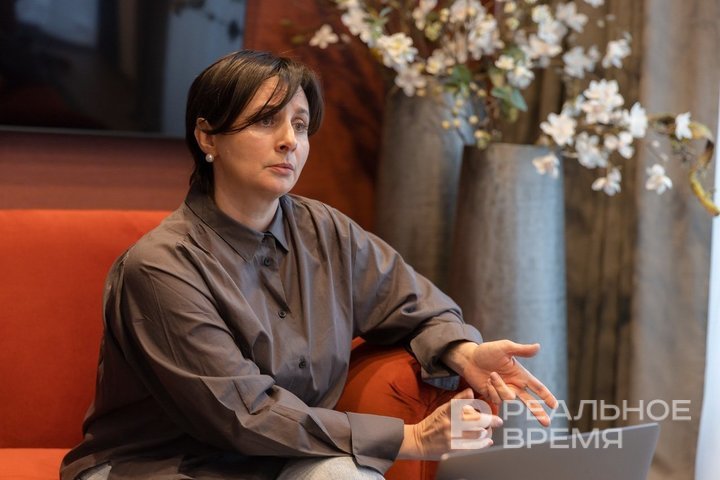
And I believe that the Glagolitsa almanac will be published in different countries of the world. But a fairy tale is soon told, but a deed is not so soon done. Let's wait. We'll wait and see. However, it is important that our government also pay attention to the fact that we need to talk about the prestige of a person who reads, about the prestige of culture and about the prestige of patronage. Then people will support projects like ours more.
What do children write about in their works?
Previously, a lot of formal ones came, on well-known topics. That is, the children thought that it was enough to send a finished essay that they wrote at school to the competition.
The writers spent a long time explaining to the children that they needed to learn to talk about what worries them, what they themselves have lived through.
Now our children write about friendship, about love, about relationships with parents, about loneliness, about how to find themselves.